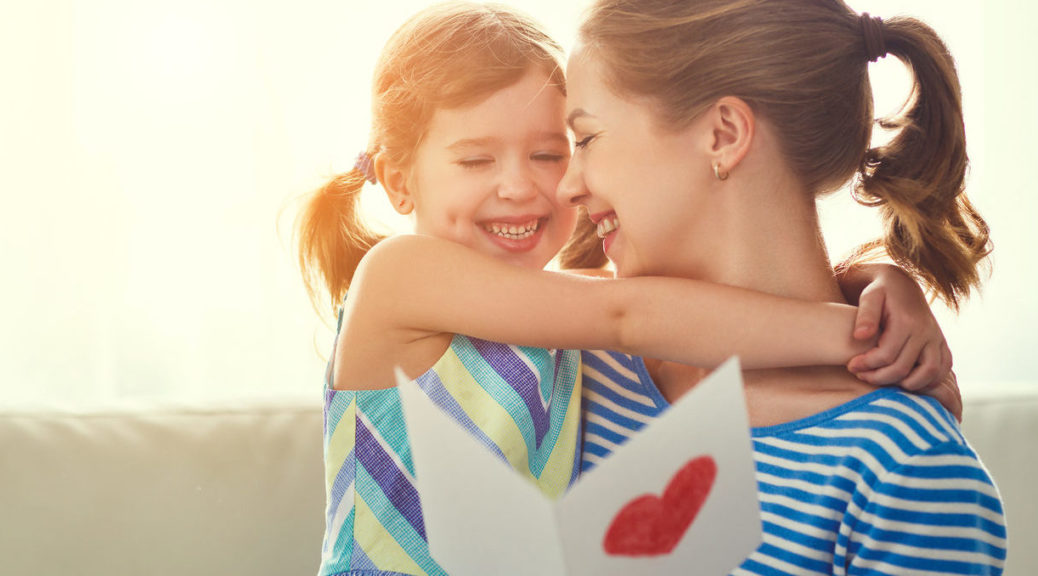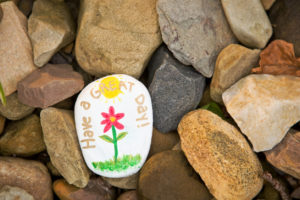Use Kindness As a Coping Skill: Coping During COVID-19

We instinctively understand that being kind to others makes us smile and makes us feel good. Research shows that being kind increases our happiness. Did you know that kindness can improve your physical health as well? During this time of isolation and forced physical distance, using kindness as a coping skill will actually benefit you and those you care about.
Do you believe every child deserves to be safe and connected to a strong family? Join us to receive a few inspiring stories each month and help end childhood adversity. Subscribe here!
As part of our Coping During COVID-19 series, KVC’s Chief Clinical Officer, Chad E. Anderson shares more about the benefits of kindness.
Health Benefits of Kindness
- Increases Happiness: Kindness stimulates the production of serotonin, which makes you feel relaxed and happy.
- Reduces Stress: It lowers your level of cortisol, the stress hormone, which can be harmful in large or prolonged doses. Kind people have 23% less cortisol.
- Reduces Pain: Kindness releases endorphins in the brain that act as a natural painkiller.
- Decreases Anxiety & Depression: It increases positive moods and reduces social anxiety, improves life satisfaction and delays mortality. It stimulates the production of serotonin which heals wounds.
- Lowers Blood Pressure: Kindness releases oxytocin, which promotes love and attachment and reduces blood pressure.
This helpful video gives more details on the science of kindness.
Acts of Random Kindness (ARK)
One of the best ways to intentionally add kindness to your day is through acts of random kindness. These gestures don’t have to be lavish or expensive. They simply need to be thoughtful and unexpected. Even in the midst of a pandemic, there are endless opportunities for kind gestures.
Mail a homemade card to a grandparent or close friend to let them know how much you miss them! Paint inspirational sayings on rocks and leave them for others to find on your next walk. Leave a basket of goodies out for delivery drivers. Give a generous tip if you get take out from a local restaurant. As a bonus, witnessing an act of kindness also produces oxytocin, so your kind acts have a ripple effect on others who observe them.
If you’re ready to create your own ARK, we’d love to see what you’re doing! Post on social media and tag us on Facebook, Instagram or Twitter.
Kindness and Your Kids

One of the most important things you can do to encourage your children to be kinder to themselves and others is to spend plenty of quality time together. Sheltering in place during this health crisis is a perfect opportunity for this! Children and adolescents are very impressionable, so set a positive example for them during this time of uncertainty. Teach them to be kinder by following your example. Spend time brainstorming ideas for acts of random kindness you can carry out as a family. You can find a few of our ideas here. Beloved muppet Elmo and our partners at Sesame Street in Communities also have lots of fun resources to help teach young children the value of kindness.
As a national leader in behavioral and mental health, KVC has a wealth of knowledge that will help you and your family navigate the stress and anxiety that COVID-19 brings. Our team of experts is regularly sharing tips and helpful information. We’re here for you. For as long as we are apart, we are all in this together.





